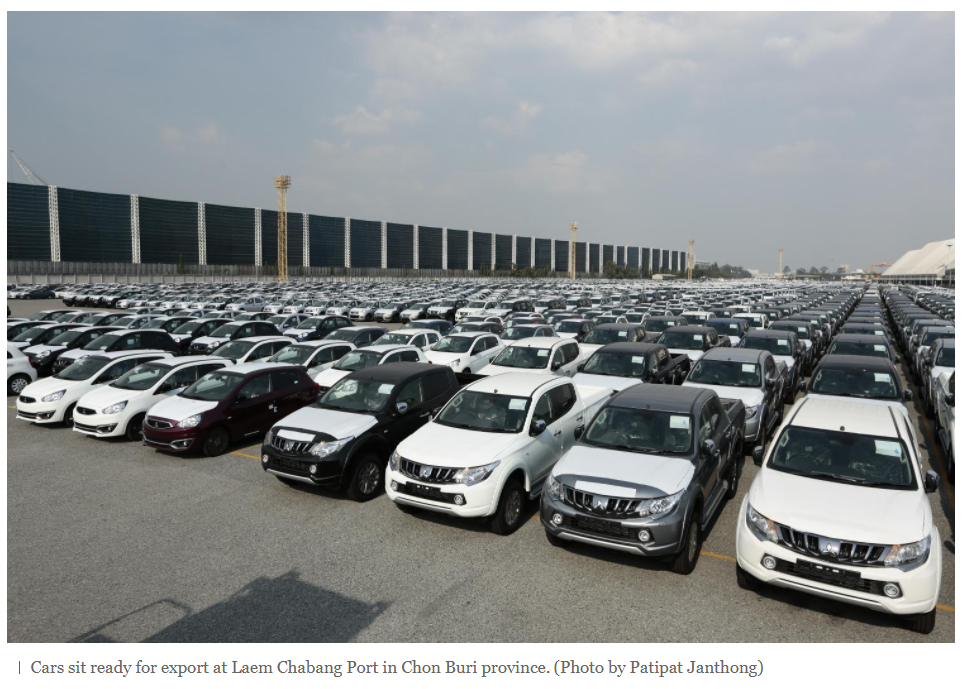Thailand: Excise urges pickup’s primacy
Any proposed restructure of the vehicle excise tax should not affect the country’s product champion, the one-tonne pickup, says a source at the Excise Department who requested anonymity.
The source said if the tax change targets only battery electric vehicles (BEVs), there is concern this might cause car manufacturers to relocate production bases from Thailand to other countries to produce internal combustion engine vehicles or oil-powered cars to serve countries that do not have a vast electricity infrastructure network.
The source said Thailand is among the world’s leading producers of one-tonne pickups, which should not be developed as electric vehicles (EVs).
This is because they are primarily produced to carry heavy loads and often travel in remote areas where charging stations are not available.
The source said Thailand’s policy of promoting EVs should focus on passenger cars.
The National EV Policy Committee in March agreed on a master plan calling for 100% of the cars produced in Thailand to be EVs in 2035, speeding up the original schedule by five years.
The plan also targets 50% of the country’s total vehicle production to be EVs by 2030.
The source said in a move similar to other countries, Thailand should use non-tax incentives and custom measures to encourage BEV production.
The current car excise tax structure is based on carbon dioxide (CO2) emission rates. If a car has lower CO2 emissions, it is taxed less than a car that generates higher CO2 emissions.
The source said whether the country can achieve the committee’s goal for 2035 depends on the direction of private car companies.
Private car companies have stressed the importance of electric infrastructure to support the rollout of EV charging stations. If there are not enough charging stations, this will discourage consumers from buying EVs, said the source.
Source: https://www.bangkokpost.com/business/2129071/excise-urges-pickups-primacy


 Thailand
Thailand




